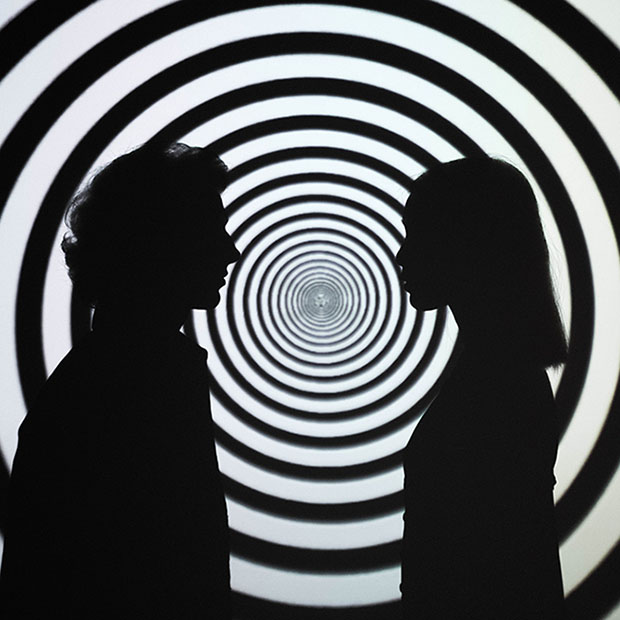Unraveling the Mysteries of Optical Illusions

Are your eyes playing tricks on you?
When staring at an optical illusion, it often feels that way. The intriguing world of optical illusions goes beyond mere visual deception; it delves into the intricate workings of our visual system, revealing that what we see is not solely a function of our eyes but a complex interplay involving the brain.
The Visual System: A Symphony of Components
Contrary to common belief, optical illusions don’t deceive our eyes; they outsmart our brains. The visual system comprises several integral components, with the eyes being just one part of this intricate symphony. Elements like the optic nerve, optic chiasm, and the visual cortex play crucial roles in shaping our perception of the world around us.
When light enters our eyes and focuses on the retina, it transforms into electrical signals. These signals then embark on a rapid journey through the optic nerve, eventually reaching the visual cortex in the brain. In a mere one-tenth of a second, this complex process allows us to “see” and interpret the visual information, forming images in our minds. Effectively, we perceive the world not with our eyes alone but through the intricate dance of various components of the visual system.
The Brain’s Shortcuts: Navigating Visual Overload
Considering the constant barrage of visual stimuli our eyes encounter daily, our brains employ shortcuts to manage this influx of information efficiently. These shortcuts fill in gaps, drawing on past experiences to create a cohesive image. In most instances, these mental shortcuts serve us well, seamlessly processing information without our conscious awareness. However, the plot thickens when we encounter optical illusions.
Optical illusions exploit these very shortcuts, cunningly tricking our brains and creating a disconnect between perception and reality. While they may momentarily deceive us, optical illusions offer a fascinating glimpse into the inner workings of our visual system, showcasing the intricacies of perception and interpretation.
Guardians of Your Vision: Regular Eye Exams
While optical illusions provide a captivating diversion, your optometrist ensures that your eyes will never deceive you when it comes to your vision health. Regular eye exams are your shield against potential vision issues and early signs of disease. By entrusting us with your eye care, you guarantee that your vision remains robust and healthy.
As the illusions challenge your perception, remember that your eyes, under the watchful care of our practice, are in safe hands. Schedule an appointment today, and let us ensure that your eyes continue to see the world with clarity and precision.